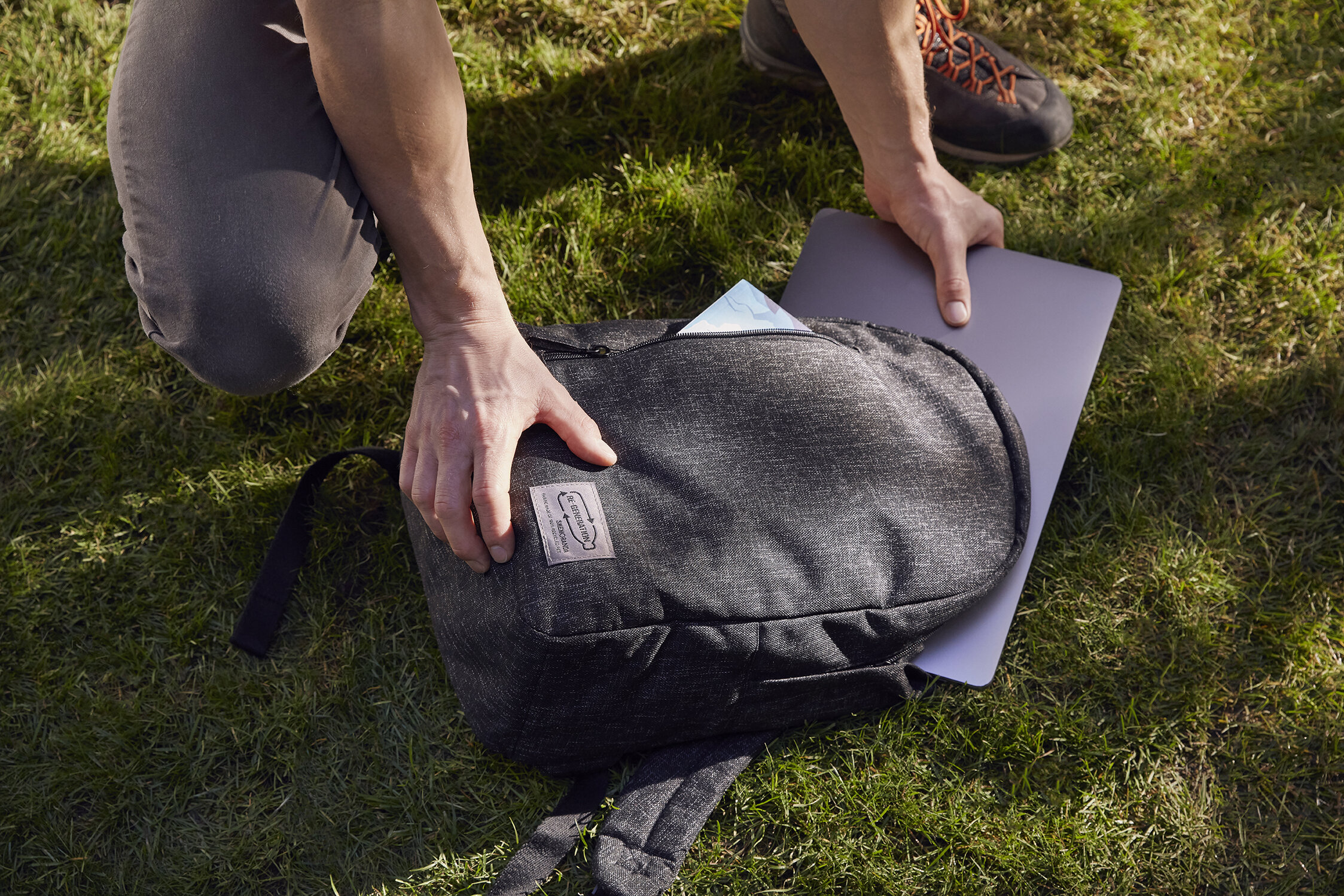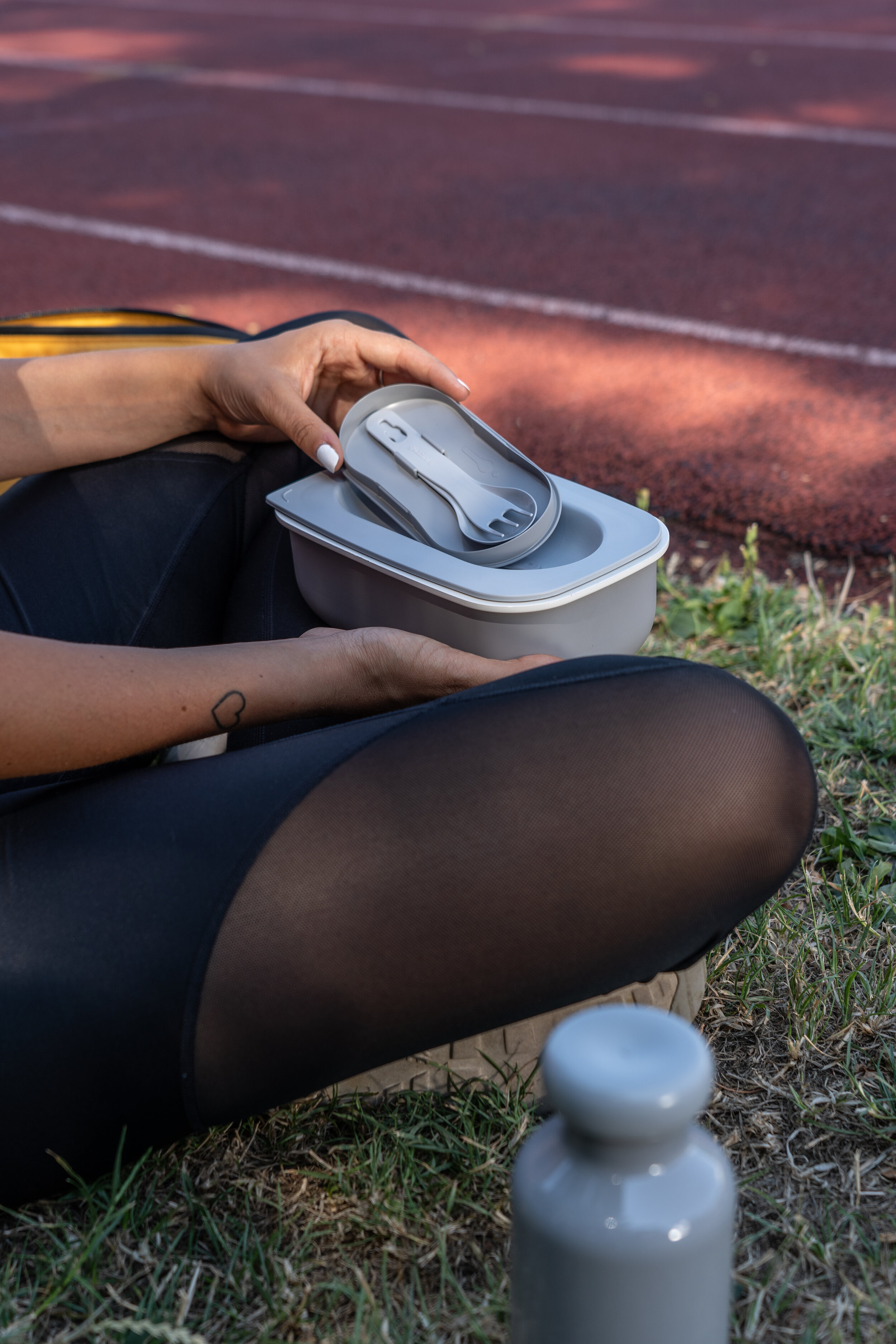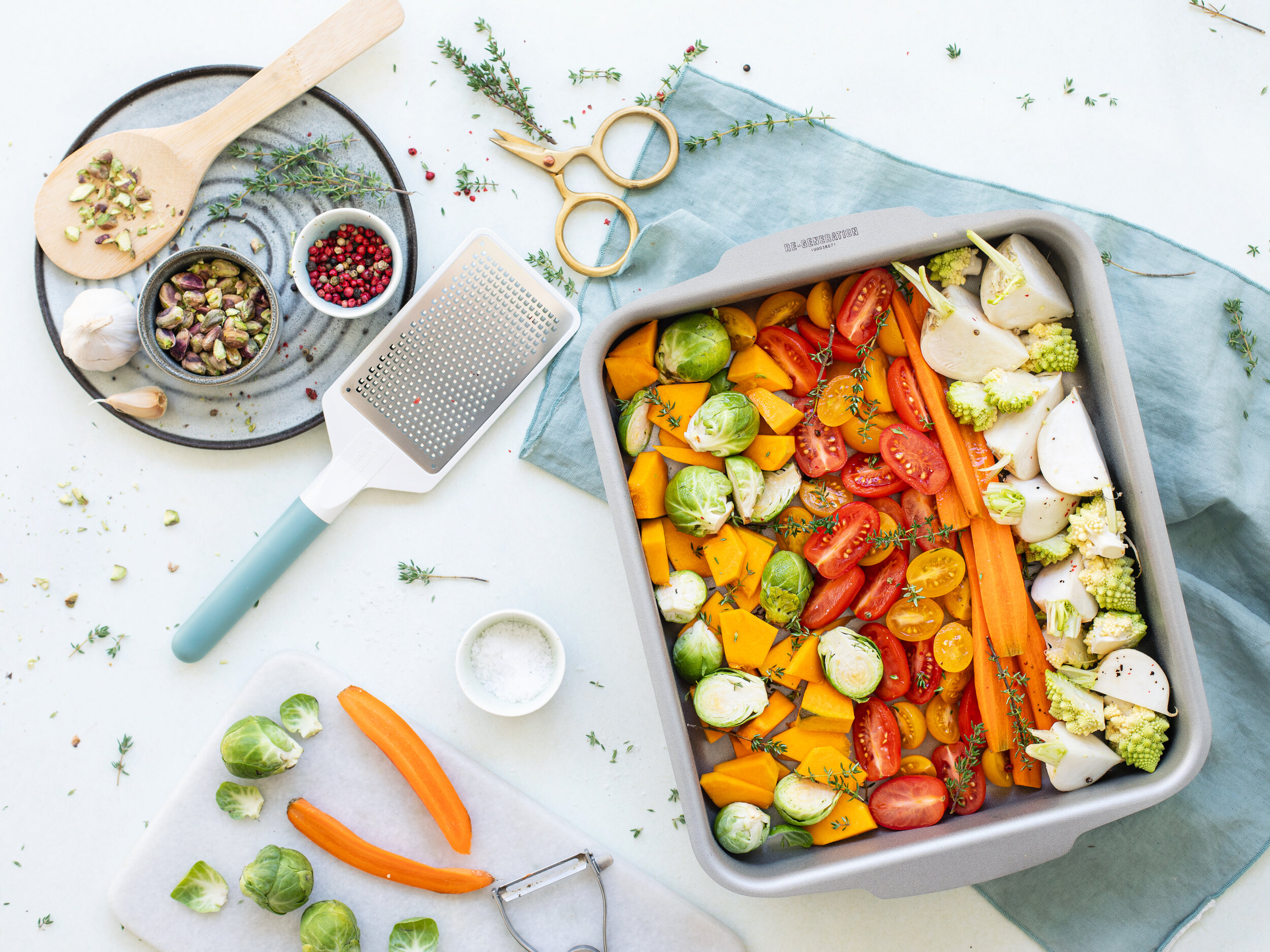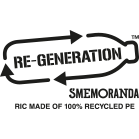-
Sustainably stylish design
from recycled materials
Notre mission
The Re-generation brand is about achieving more with less. We believe that it’s not about doing what’s easy; it’s about doing what’s right. That’s why we’ve gone back to the drawing board, tearing up standard production practices that many companies have adopted over the years. Working with a carefully selected group of partners, we turn waste materials into premium products; that are responsibly sourced.




Nos valeurs
Chez Re-generation, nous misons sur la transparence tout au long de la chaîne d’approvisionnement. Nous effectuons un suivi des matériaux recyclés à chaque étape, de leur transformation au produit fini. De plus, nos emballages sont certifiés par le label indépendant FSC (Forest Stewardship Council). De quoi rassurer ceux qui croient en un avenir plus durable : la fabrication de nos produits, d’origine plus responsable, préserve l’équilibre social, économique et écologique des générations futures.
Pourquoi ?
Notre vie dépend de la planète, mais ses ressources ne sont pas inépuisables.
That’s why we’re committed to a greener future, taking conscious steps to operate sustainably. By regenerating waste materials into high-quality products, we aim to develop heightened awareness of the term ‘use and reuse’. We know that consumers already care. But with the right products, we can ensure a greener day-to-day becomes the status quo. Re-generation means new and sustainable ways of living. Life with less waste in landfills and pollutants in our oceans; a much richer world as a result.
-

Le saviez-vous ?
91%
Il est choquant de constater que les déchets plastiques du monde entier ne sont pas recyclés. Nous utilisons actuellement un million de bouteilles par minute.*
*(www.nationalgeographic.com).
9 millions de tonnes
De déchets plastiques se retrouvent chaque année dans l’océan.*
*(www.nationalgeographic.com).
79%
Ends up in landfills and dumps, or scattered throughout the natural environment.*
*(www.nationalgeographic.com).
99%
Of the world’s seabird species will be affected by plastic ingestion by 2050.*
*(www.pnas.org).
12%
Des déchets plastiques sont incinérés, sinon il faut environ 400 ans pour qu’ils se décomposent.*
*(www.nationalgeographic.com).
95%
Of the energy needed to make new aluminium is saved through recycling.*
*(www.recycling.world-aluminium.org).




